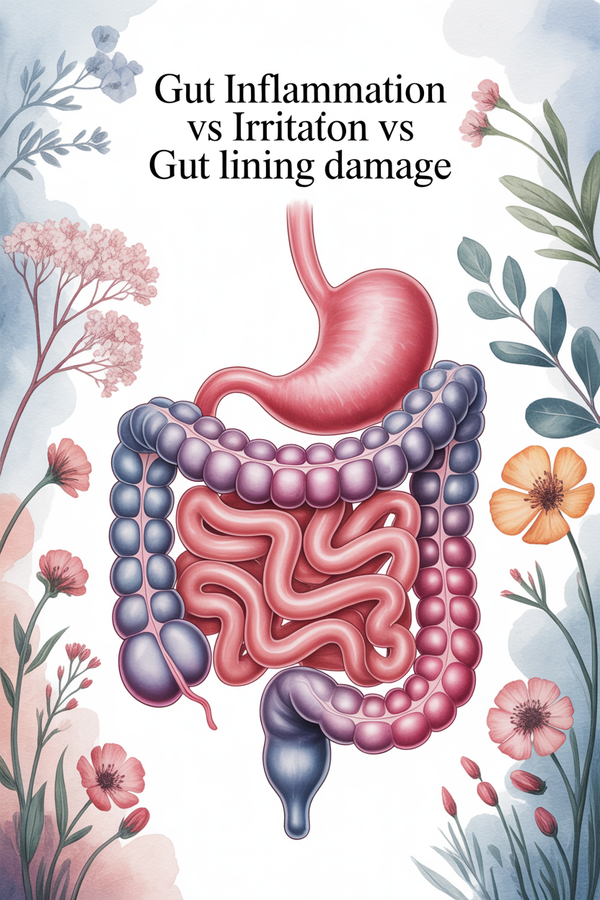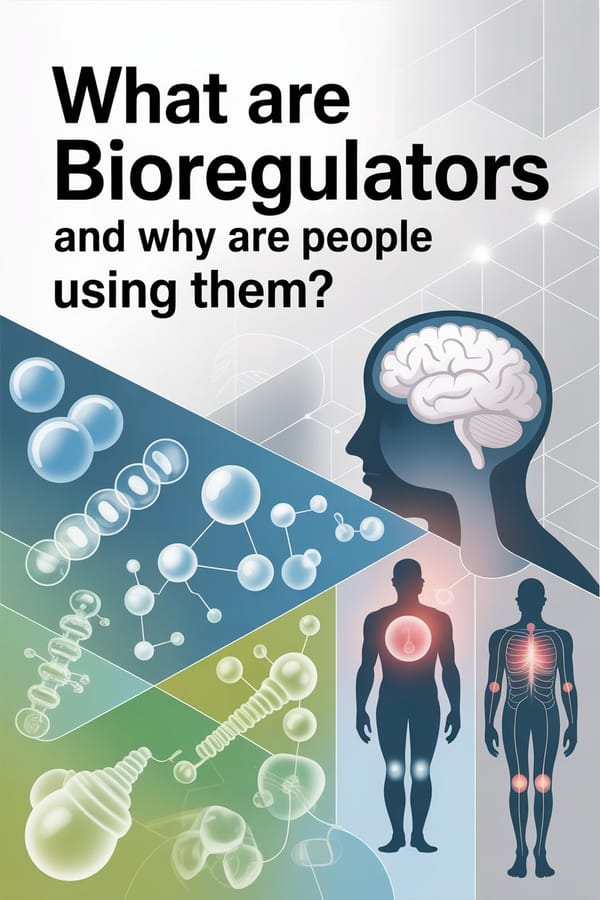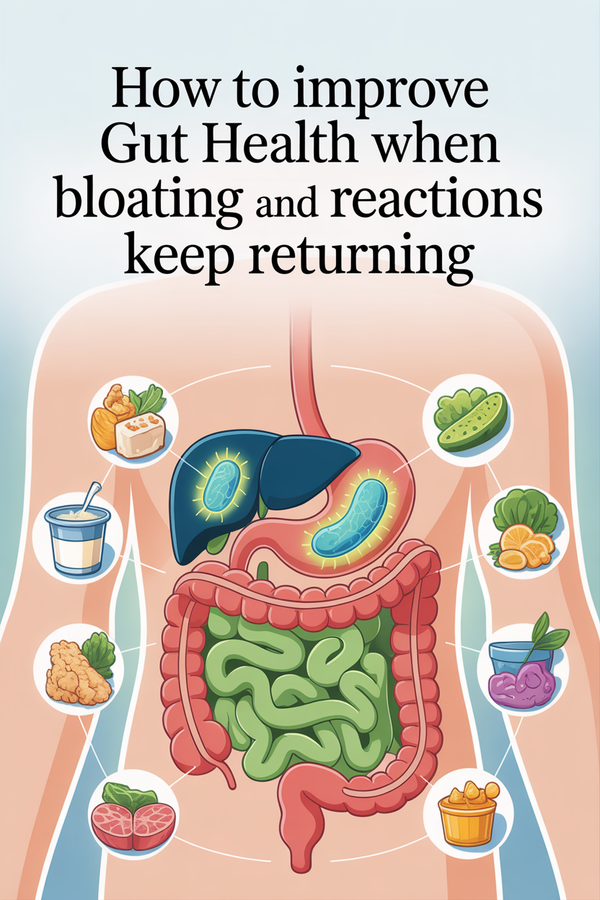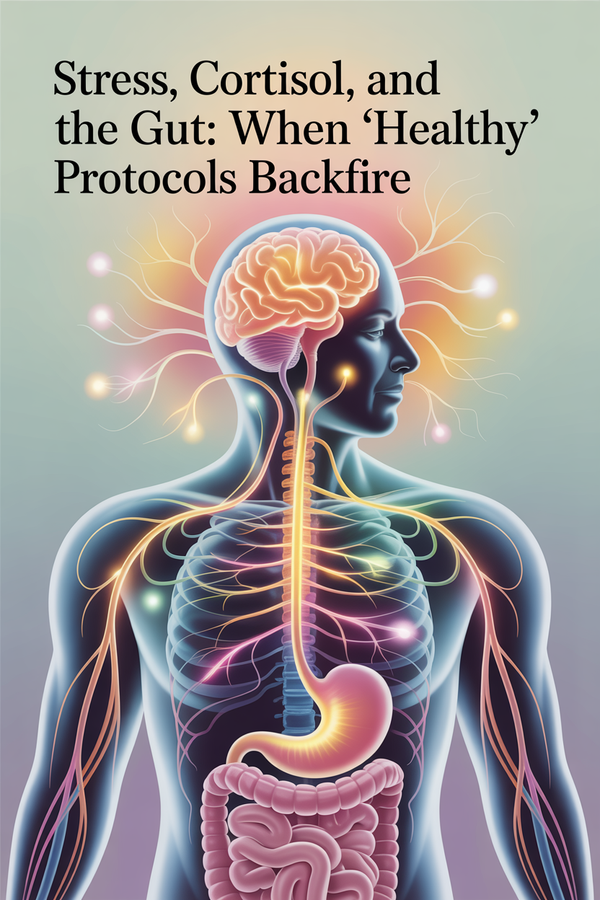The Mitochondrial Connection: How Cellular Energy Shapes Healing and Resilience
Your mitochondria are not just tiny powerhouses, they are decision-makers that shape how your body repairs, detoxifies, and defends itself. When they falter, fatigue and illness rise. When they thrive, resilience follows. Here’s how to strengthen them naturally and build a healthier terrain.
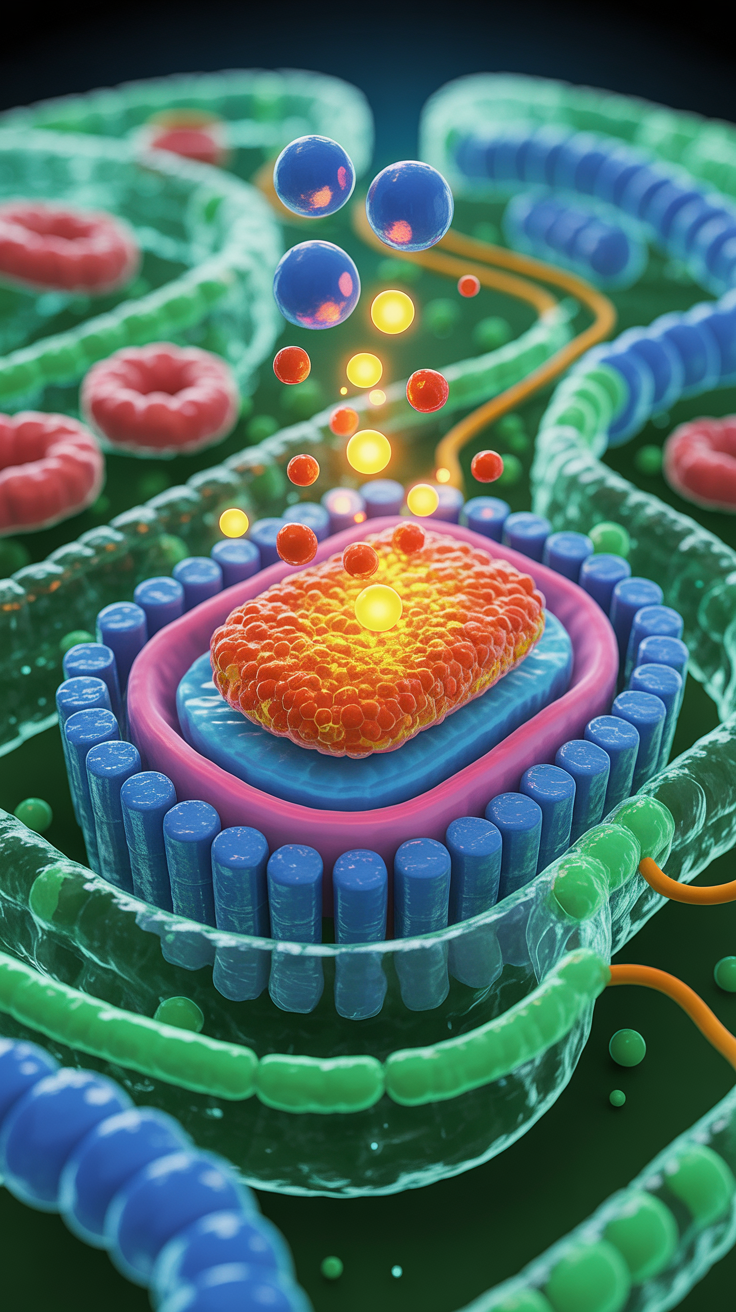
Why Mitochondria Matter More Than You Think
Most people know mitochondria as the “powerhouses of the cell,” but that description barely scratches the surface. These tiny organelles do not just make energy. They help determine whether cells repair, regenerate, or break down. In other words, mitochondria influence the difference between thriving and struggling when the body faces stress, chronic illness, or even life-altering diagnoses.
When mitochondria falter:
- Fatigue sets in.
- Inflammation rises.
- Detox slows.
- Immune resilience weakens.
When mitochondria thrive:
- Cells repair faster.
- Energy stays steady.
- Immunity strengthens.
- The body creates an environment more resistant to disease.
The Research: What Scientists Are Discovering
Emerging studies suggest mitochondrial health plays a key role in how the body responds to illness. Researchers have found connections between mitochondrial dysfunction and a wide range of conditions including metabolic disorders, neurodegenerative diseases, autoimmune challenges, and serious diagnoses many people fear.
The takeaway? Supporting mitochondrial resilience may influence how well the body can repair, detoxify, and defend itself in the face of health challenges.

